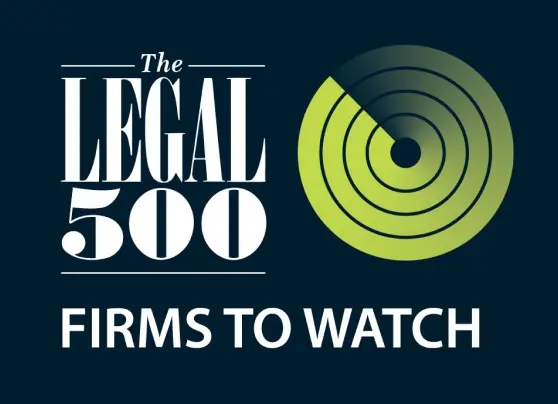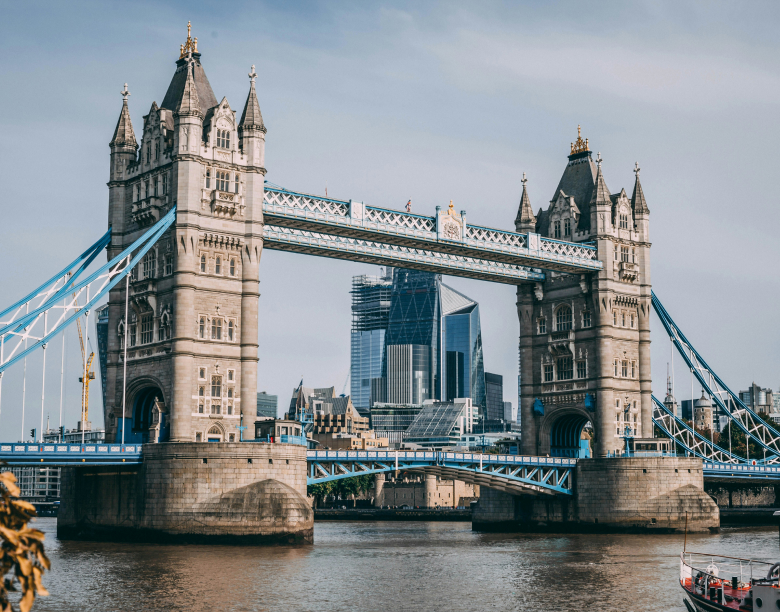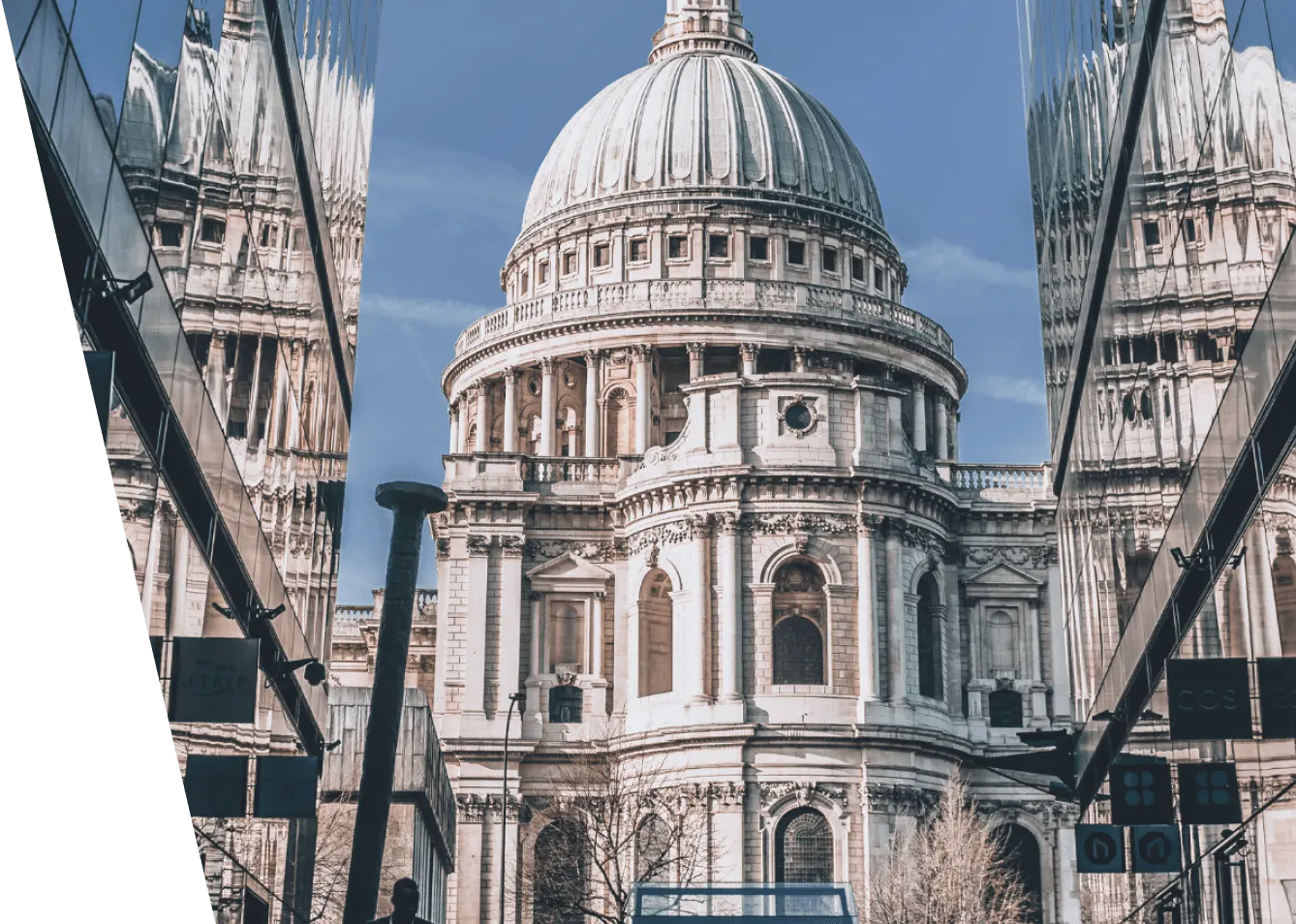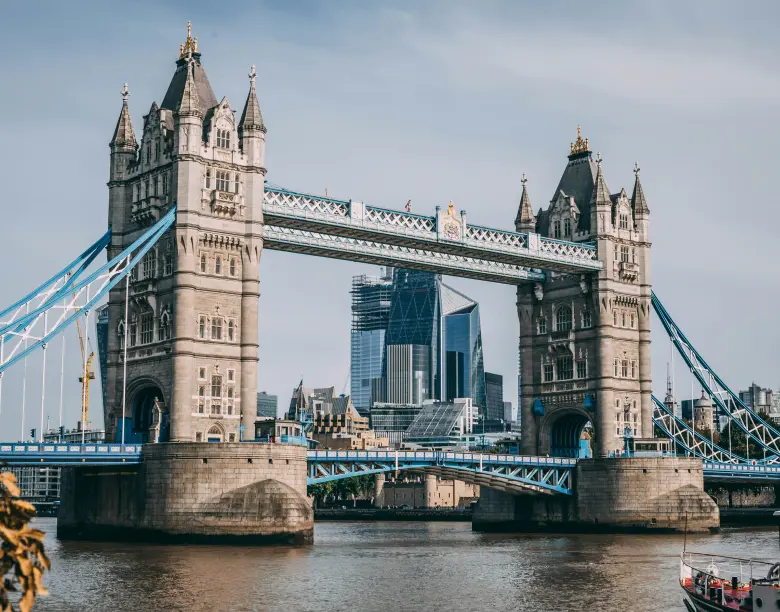Sponsor Licence Refusals, Suspensions & Revocations
Failure to meet your sponsor duties can result in your licence being revoked or suspended. Get back on track following notification of licence refusal, suspension or revocation with personalised legal advice from acclaimed UK immigration lawyers.

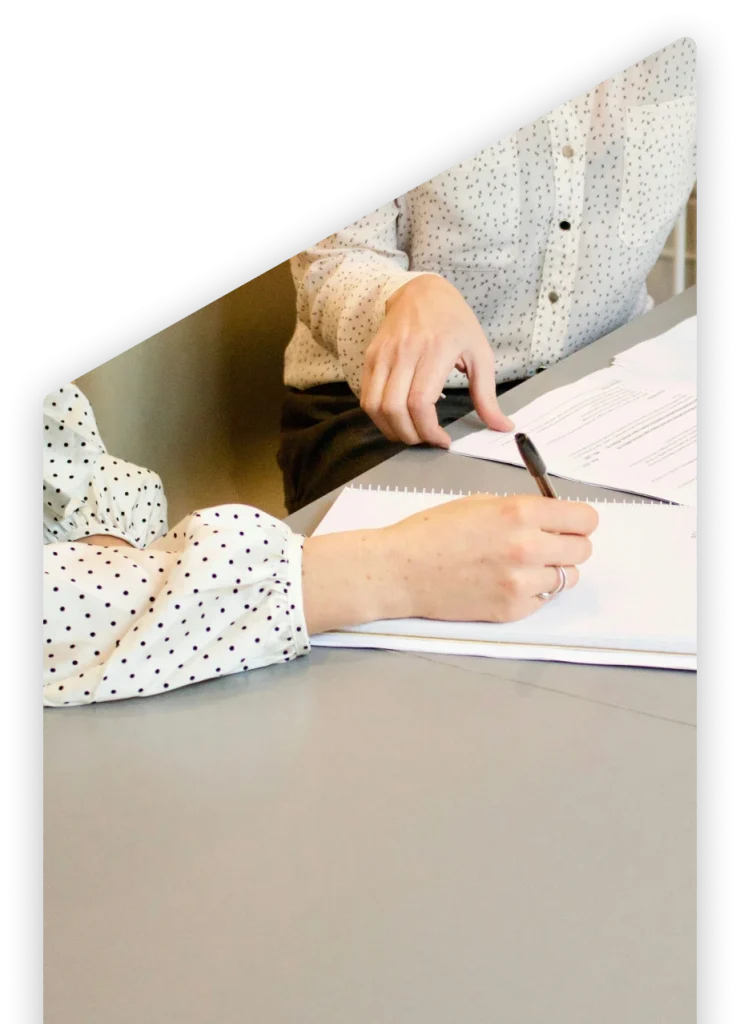

Our Clients:




Your Next Steps
Your Next Steps
If your sponsor licence application doesn’t get approved, the subsequent course of action hinges on specific details: whether the Home Office ‘rejected’ or ‘refused’ your application, and the underlying reasons for their decision. The choice of wording—’rejected’ versus ‘refused’—isn’t simply semantic; it can significantly influence your company’s immediate capacity to sponsor skilled migrants.
- 5.0/5
We scored 5.0/5
Our Immigration Services
Facing Sponsor Licence Issues? We Can Help.
Facing Sponsor Licence Issues? We Can Help.
Consequences of Losing Your Sponsor Licence
The possibility of losing your sponsor licence carries immediate and lasting consequences for your business. These range from the loss of current talent to the inability to hire and sponsor new skilled workers, not to mention the potential for civil penalties.
Benefits of Working with Rove Legal
Our service includes a thorough review of your application to identify and rectify any mistakes made by Home Office caseworkers in their sponsor licence refusal decisions. Moreover, we offer assistance in initiating and submitting a judicial review to challenge these refusals.
Tailored Approach to Meet Your Immigration Needs
We adopt a proactive approach, tailored to fully understand and meet the unique needs of our corporate clients.
Common Reasons for Refusal
Common Reasons for Refusal
There are numerous reasons why UKVI may refuse a new sponsor licence application, or suspend or revoke an existing licence. From poor record-keeping to unlawful salary variations, Rove Legal is experienced in identifying issues with sponsor applications and licence compliance. Our lawyers will assess any decision letter from UKVI and advise on the best next steps for your situation.
Application Issues
Understanding why your Sponsor Licence was rejected is crucial fro rectifying issues and succeeding in future applications. This often relates to paperwork, timing, or form inaccuracies
Document Delays
The application process is time-sensitive; thus, late submissions can lead to rejections. Have all necessary documents prepared for timely submission.
Quality of Application
Errors or omissions in your application can lead to refusals. It’s important to double-check all information for accuracy.
Background Failures
Your business must pass the Home Office's rigorous background checks. Previous immigration breaches or unsuitable key personnel can result in denial.
HR Shortcomings
Inadequate HR systems to manage your sponsored workforce can lead to application refusal. Maintain up-to-date records and compliance with regulations.
Job Role Issues
Lack of a genuine or skill-matching vacancy could lead to refusal. Ensure the role justifies the need for foreign skills
Financial Red Flags
Company stability matters. A history of bankruptcy or liquidation can lead to denial, as can failing to meet salary thresholds for visa categories.
Non-Cooperation
Failing to cooperate with Home Office procedures, such as document submission or allowing site visits, can jeopardise your application.
Criminal Records
Unspent convictions for immigration or fraud among key personnel are a definite reason for application refusal.
Challenging Sponsor Licence Refusals
If you suspect that your sponsor licence refusal may be due to an error by the Home Office caseworker or overlooked evidence, you have a 14-day window to request a correction from the Home Office. It’s worth noting that only the evidence available at the time of your initial application will be considered for review.
What constitutes a ‘Caseworker Error‘? The term ‘caseworker error’ is not officially defined.
- Failure by the initial decision-maker to review all properly submitted evidence or information
- An incorrect judgment by the initial decision-maker regarding the authenticity of supporting documents
- A lack of adherence by the initial decision-maker to the applicable Sponsor Guidance policies related to the application
Other Ways to Challenge Sponsor Licence Refusals
- You can also proceed to file a new online application. For cases involving unlawful or improper refusal, judicial review can be sought to challenge the decision. It’s crucial to act within three months from the date of refusal. Prior to submitting your judicial review, a Pre-Action Protocol letter must be dispatched to the Home Office. This notifies them of your pending judicial claim and offers them a chance to reassess their initial decision.
- When the refusal is based on a missed deadline for providing documents due to factors beyond your control or if a representative submitted your online application, you’re eligible to reapply immediately. Otherwise, you’ll face waiting periods based on the reason for refusal.
- For instance, a six-month waiting period is required for refusals due to fraudulent documents, lack of adequate systems for sponsor duties, unspent criminal convictions, legal prohibitions on directorship, or failing to meet specific sponsor criteria.
- If you’ve incurred a Civil Penalty, reapplying is generally off-limits for 12 months from the penalty’s due date, extending to five years in specific circumstances.
- Should you choose to file a new Sponsor Licence Application, it’s vital to address the issues that led to the original refusal. Reapplication often triggers a compliance visit from a UKVI officer, who will conduct assessments to ensure your systems meet sponsorship requirements.
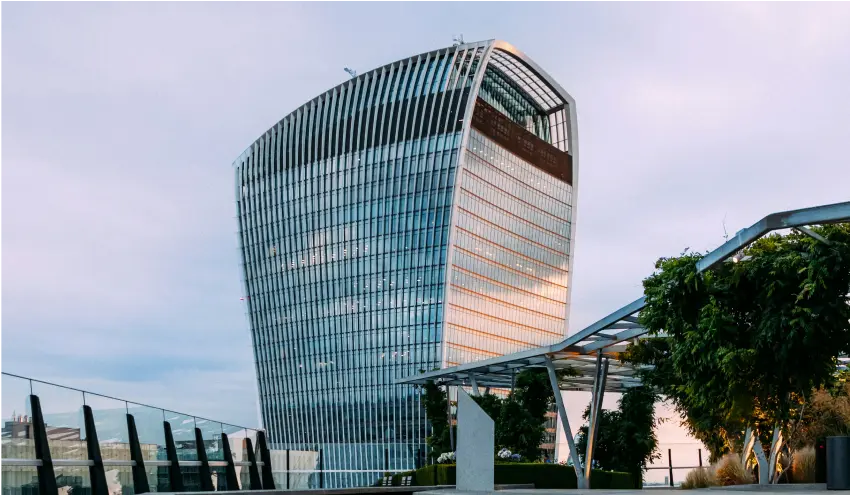

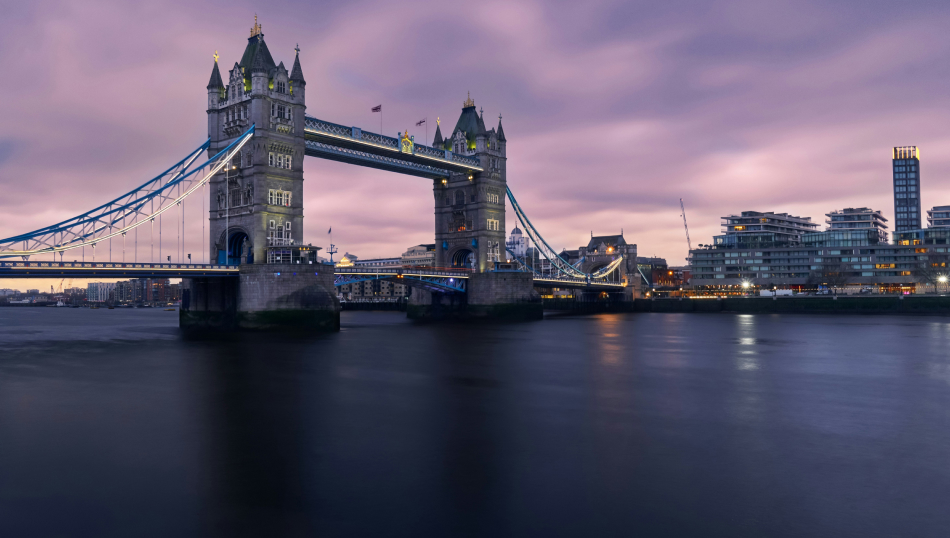
PARTNER WITH US
Why Choose Rove Legal?
Why Choose Rove Legal?
Initiate a consultation with us today, and set your business on the path to reclaiming or securing your sponsor licence with confidence.
With a success rate of over 99%, we’re proven experts in navigating the UK’s complex immigration laws.
Founded by Jay Moghal, a seasoned immigration lawyer, we bring over 17 years of specialised knowledge to your case.
A senior partner will manage your case, offering industry-specific guidance and immediate responses. We do more than solve immediate problems. We help you prepare for future compliance challenges to keep your business secure.
Sponsor Licence Suspensions
Sponsor Licence Suspensions
If the Home Office raises suspicions about your compliance with sponsor duties and suspends your licence, you will lose the ability to sponsor new migrants. However, your current sponsored staff won’t be affected. Depending on the findings of their investigation, the Home Office may either reinstate, downgrade or revoke your sponsor licence. That’s why it’s crucial to contact us as soon as possible. Our senior immigration lawyers will work with you to present a robust case to UKVI and guide you and your staff through resolving any issues raised by the Home Office.
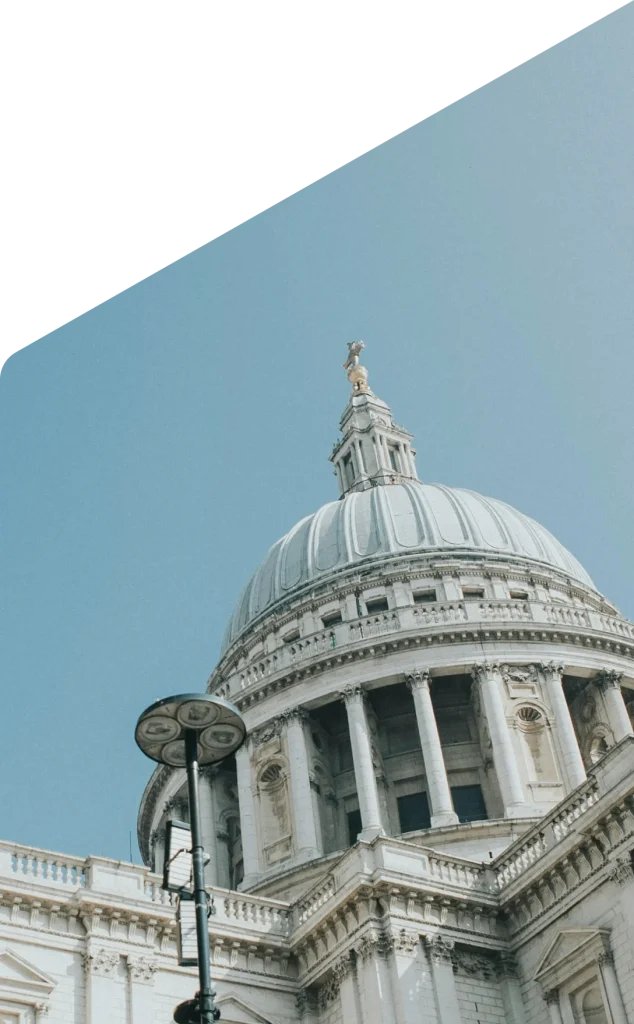

Revoked Licences
Revoked Licences
Revocations often result from a serious breach of duties or when a company ceases to operate in the UK. Unlike suspensions, all current sponsored employees will have their leave curtailed and will be given 60 calendar days to either find a new sponsor or leave the UK.
Your First Action
In the case of a sponsor licence revocation, we’ll advise you on whether Judicial Review is a viable path based on your circumstances and provide you with representation during the proceedings.
B-Rating Downgrade
The Home Office’s first action is often to downgrade the licence to a B-rated status, requiring the organisation to purchase an action plan from UKVI. Failing to meet the action plan’s criteria necessitates buying a second action plan.
What Happens After a Sponsor Licence is Revoked or Suspended?
What Happens After a Sponsor Licence is Revoked or Suspended?
To keep your licence, the organisation must fulfil the stipulations set out in this second action plan. Should the licence be revoked, the organisation faces a 12-month cooling-off period before being eligible to reapply. Any attempts to reapply within this period will be automatically denied.

Facilitating Global Talent Acquisition for an American EV Automotive Company
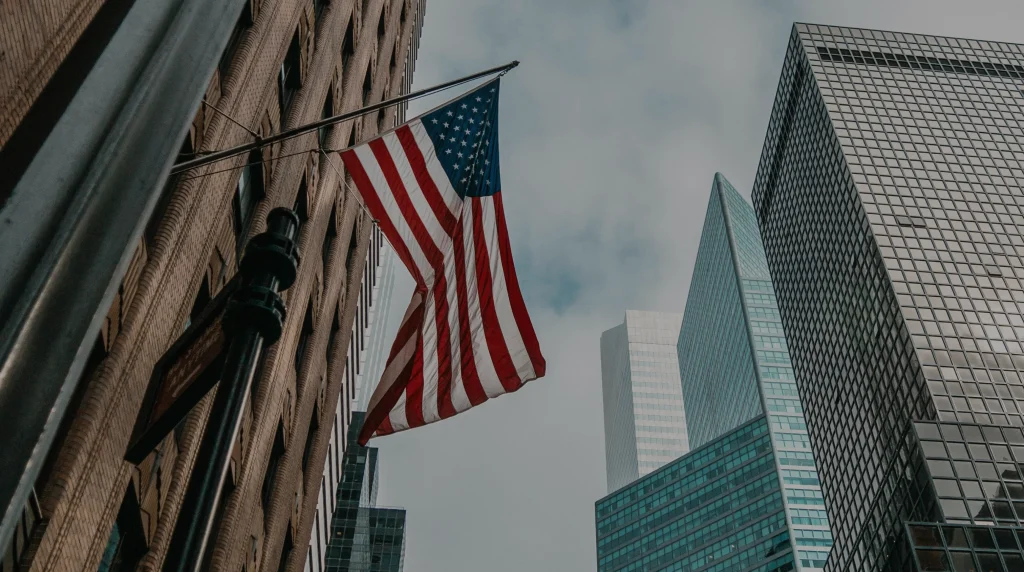
Immigration Guidance for a US Law Firm’s UK Expansion

Sponsor Licence Application for UK CEO and Specialists in Renewable Energy Project
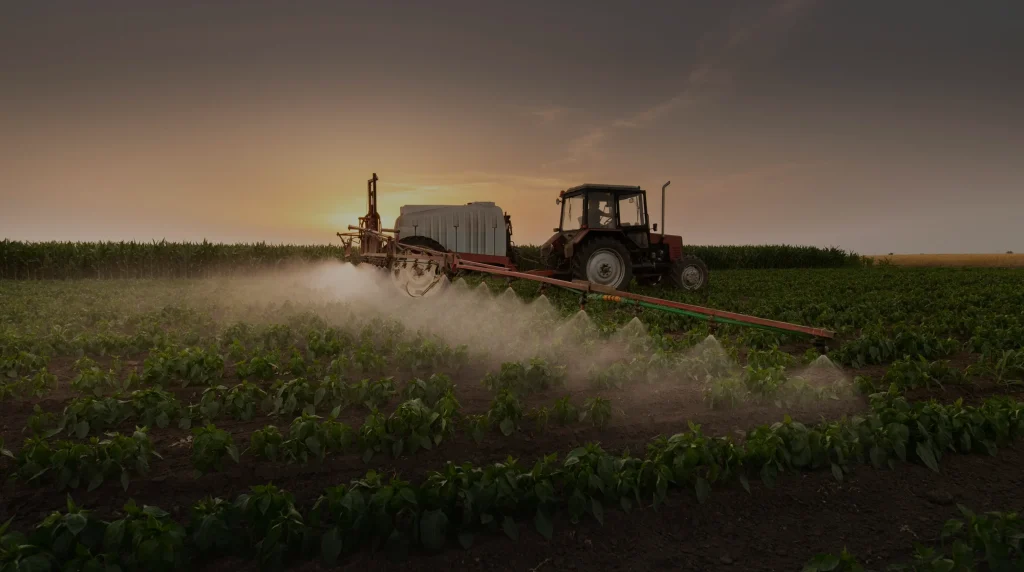
Global Recruitment Support For One of the Largest Vertical Farming Units in The World

European Private Equity Firm Expands in UK with Sponsor Licence & Global Mobility
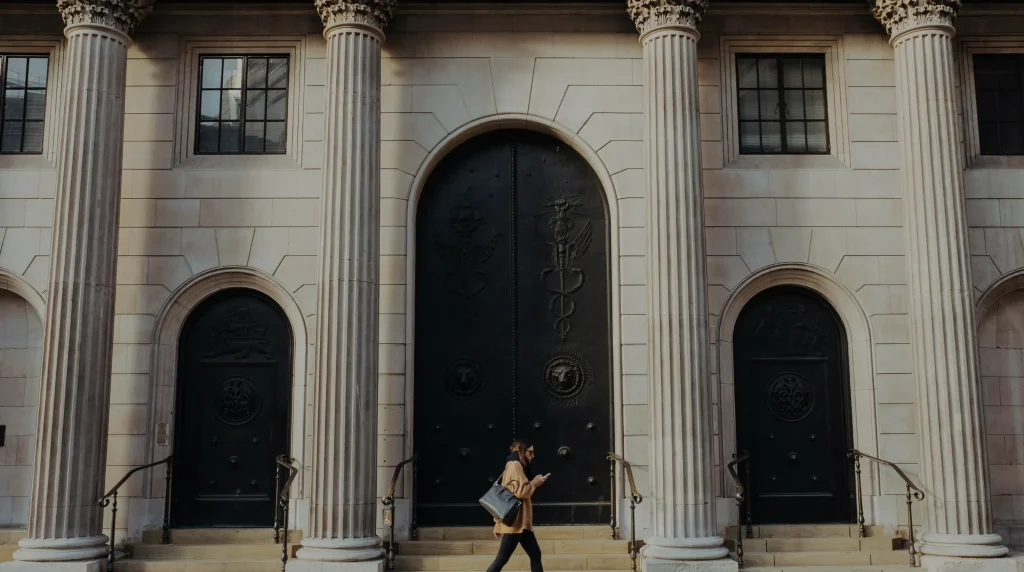
FCA Regulated Bank Secures Sponsor Licences for Senior Leadership and Key Workers
Our Testimonials
Our Testimonials

This firm can only be described as excellent. Their knowledge of immigration law is second to none. The fast efficient way that they deal with situations is first-class professionalism at its very best. Once you have used Jay and his team you will never use anyone else.

Jay Moghal of Rove Legal is extremely professional and has deep and impressive knowledge of all aspects of immigration law and procedure. He is creative and a great communicator, fierce and energising, encouraging the pursuit of his clients’ cases with impeccable judgement. I would not hesitate to recommend Jay. His knowledge and professionalism shines through in every event.

Jay and his team assisted with switching over from a student BRP to a spousal one. All I had to do was show up to my appointment and take my fingerprints/photos. They handled the rest! What a dream.

Rove Legal were an absolute dream to deal with. Jay Moghal was our appointed lawyer and he was excellent to deal with. He ensured we submitted all of the required documents and when our application was delayed with COVID challenges he chased the UK Government to expedite the issue and ensure a successful outcome. Highly recommend Rove Legal and Jay to anyone who needs immigration to support.

Highly recommended. Jay is a thorough professional, who reviewed the case in depth, looked after all the aspects and his suggestions on what I should submit with the case were spot on. I don’t think my case would have been accepted without his help.

I had a very good experience with Mr Jay Moghal. I faced a couple of problems and appreciate his professionalism and transparency to deal with my issues and solve the problem. I highly recommend him.
YOU MAY WONDER...
Frequently Asked Questions
Frequently Asked Questions
How long is the approval process for a Sponsor Licence?
Typically, the approval process for a Sponsor Licence takes around eight weeks, starting from when the complete application is submitted.
Can the Home Office reject my Sponsor Licence application?
Yes, if either you or the sponsoring company don’t meet the stipulated requirements, your Sponsor Licence application can be rejected. A ‘refusal’ means the Home Office has reviewed and found your application lacking, while a ‘rejection’ implies it failed initial validity checks.
Is it possible for a Sponsor Licence to be revoked?
Yes, the Home Office can revoke your Sponsor Licence if they find you’re not abiding by your responsibilities as a sponsor, or if other significant reasons, such as involvement in illegal activities are discovered during a compliance visit.
My application has been rejected. Is there a way to appeal?
While there’s no formal appeal or administrative review process for a Sponsor Licence refusal, alternatives like an ‘Error Correction Request’ or Judicial Review are available for challenging the decision.
How long do I have to respond to the Home Office about a licence refusal or suspension?
Should you wish to correct caseworker errors after a licence refusal, it’s essential to submit your request to the Home Office within 14 calendar days from the refusal date. If your licence has been suspended, you will need to respond in writing within 20 working days of receiving the notification. If you decide to apply for a judicial review to challenge a refusal or revocation decision, you must ensure the Upper Tribunal has received your application within three months of the decision date.
When can I reapply for a new Sponsor Licence?
If your licence application was refused because you missed a deadline for submitting information or documentation, for reasons beyond your control, you may be able to reapply immediately. In most cases, you may have to wait a six-month cooling-off period before applying again. If your licence has been revoked, you will likely be prohibited from reapplying for a defined period which is usually 12 months from the date your licence is revoked. Take note that in your new application, you’ll have to explain the reasons behind your previous licence revocation.



